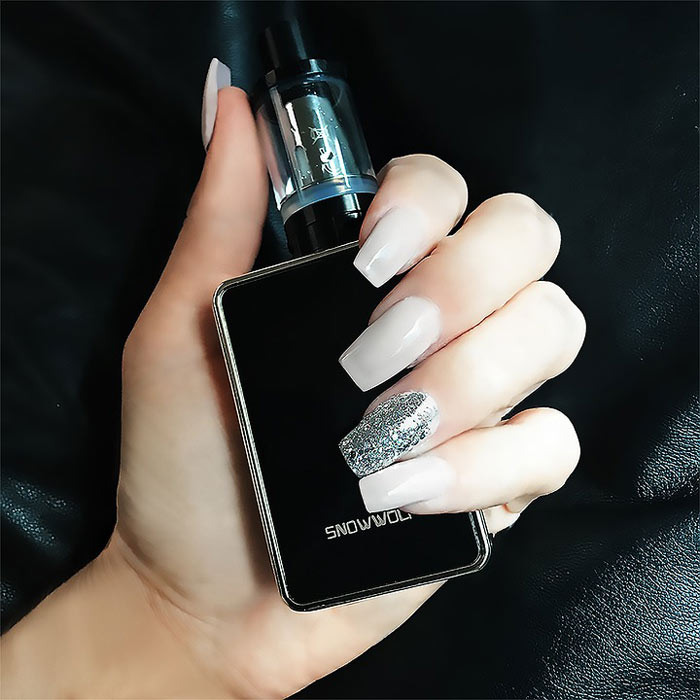It’s been beaten into our heads that smoking is bad for you. Lung cancer, emphysema and a host of other medical problems have been laid at the feet of the tobacco industry and there is no excuse for anyone to pick up a cigarette in this day and age.

Yet, they still do
Whether it is effective marketing or satisfying a deep urge to both rebels from societal norms and give in to the demons of self-satisfaction, smoking is still an issue. Although cigarette smoking has been trending down for the last several decades, the CDC is still calling it, “the leading cause of preventable disease and death in the United States.”
Quitting smoking is difficult. For many people, it is nearly impossible. Expensive medications don’t create lasting results, hypnosis may work on rare occasions and the most successful methods channel the behavior into other products without doing anything about the underlying addiction.
Which, of course, begs the question: is nicotine bad for you?
Even smoking cessation organizations are having difficulty demonizing nicotine. Within reasonable limits, nicotine consumption has several helpful benefits. It relieves stress and anxiety and may increase the speed your brain processes sensory information. It is no more addictive than caffeine and has nothing to do with the cancer-causing problems of cigarette smoking.
 Since nicotine in small doses can be good for you but smoking is bad, the popularity of alternate methods of ingesting nicotine has increased. Gums, lozenges and, now, electronic vaporizers that deliver nicotine to your system without the health risks of burning tobacco have gained ground. These systems are controlled to keep nicotine out of the hands of children and there is a considerable debate in the local, state and national governments about how controlled these methods should be.
Since nicotine in small doses can be good for you but smoking is bad, the popularity of alternate methods of ingesting nicotine has increased. Gums, lozenges and, now, electronic vaporizers that deliver nicotine to your system without the health risks of burning tobacco have gained ground. These systems are controlled to keep nicotine out of the hands of children and there is a considerable debate in the local, state and national governments about how controlled these methods should be.
Especially when it comes to vaporizers.
Electronic cigarettes, or e-cigarettes, have become a national hot-button issue with proponents pointing out that they are safer and less harmful than smoking while opponents – and Big Tobacco – are worried about the long-term effects of vaping. In the first instance for the health of the users, while the latter is more concerned about their bottom line.
For smokers, who want to quit tobacco but have difficulty overcoming the addiction, vaping offers several benefits that other methods do not.
- You are no longer inhaling smoke into your lungs. This is the biggie. E-cigarettes heat a solution of propylene glycol (PG), vegetable glycerin (VG), nicotine and flavoring into vapor. That’s it. No added preservatives or government-mandated chemicals.
- Vaping is less expensive than smoking. Depending on how deep into the hobby you are willing to go, mixing your own ‘juice’ can save you hundreds of dollars over cigarette smoking per month. The cost of getting started, with, for example, an Aspire starter kit which includes everything you need to get started with the exception of e-liquid, will run you less than a carton of cigarettes.
- Say goodbye to smoker’s cough. The first thing I noticed when I switched from smoking to vaping was that my hacking cough in the morning disappeared. I cannot speak for everyone, but all the smokers I know who switched also lost their cough and could breathe easier.
- It doesn’t stink. Cigarette smoking smells. The scent gets in your clothes, hair, car, and home if you smoke inside. Vaping leaves no long-lasting odors.
These perks just scratch the surface of the advantages of vaping instead of smoking and I have known smokers who didn’t like vaping. It is a personal issue but with restrictions on smokers getting heavier and heavier exploring different options for getting your nicotine are valuable.










